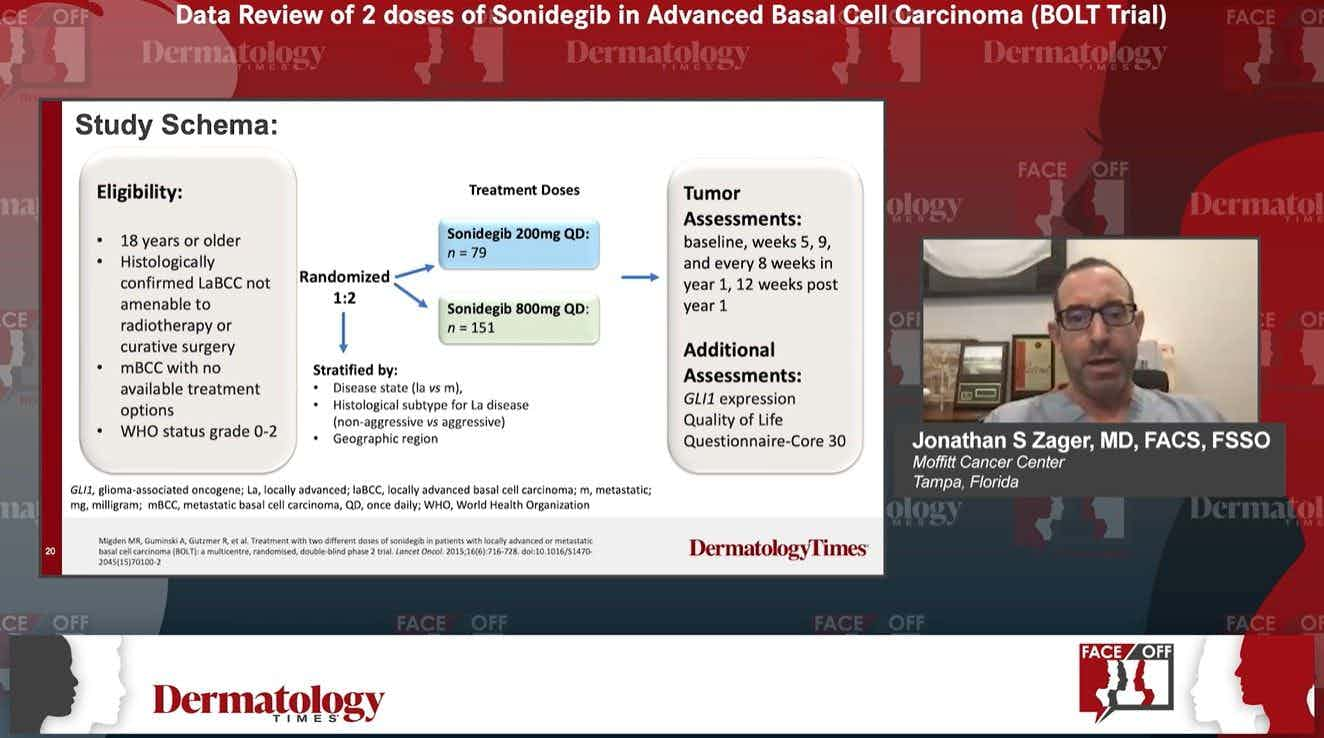- Acne
- Actinic Keratosis
- Aesthetics
- Alopecia
- Atopic Dermatitis
- Buy-and-Bill
- COVID-19
- Case-Based Roundtable
- Chronic Hand Eczema
- Chronic Spontaneous Urticaria
- Drug Watch
- Eczema
- General Dermatology
- Hidradenitis Suppurativa
- Melasma
- NP and PA
- Pediatric Dermatology
- Pigmentary Disorders
- Practice Management
- Precision Medicine and Biologics
- Prurigo Nodularis
- Psoriasis
- Psoriatic Arthritis
- Rare Disease
- Rosacea
- Skin Cancer
- Vitiligo
- Wound Care
Article
Study Reveals How Consumers Look at Sunscreen Labels
Author(s):
A study published in JAMA Dermatology investigated how consumers look at sunscreen active ingredients in response to an FDA proposed rule.
A study published in JAMA Dermatology investigated what consumer’s perceived as important and memory of the active ingredients in sunscreen when choosing a product.1
In 2019, the FDA issued a proposed rule, 84 FR 6204, which would be an amendment to the Sunscreen Innovation Act of 2014. The amendment would require the listing of active ingredients on the main panel of sunscreens to allow consumers to “more readily compare products and either select or avoid a given product accordingly.”
The qualitative study recruited participants from Fors Marsh Group and User Works, Inc. consumer panels and also interviewed them in person between November and December of 2019. In order to be eligible, participants had to be 18 years or older, reported sunscreen use in the past 12 months, and were residents of the Washington D.C. area. In total, 47 participants were enrolled.
Participants were asked to view 2 mock sunscreen labels: 1 that meets current FDA standards and 1 that would meet the proposed requirements. They were then asked questions to assess their perceived importance of active ingredients in sunscreen products, if they could recall any of the active ingredients on the label, and if they typically looked for the active ingredients on the label. The primary endpoint was the sunscreen information used by the participants on the label to select a sunscreen. Also, their ability to recall the active ingredients.
The mean age of the participants was about 42 years, 68% were women and 85% had a bachelor’s or graduate degree. Out of the 47 total, 13 (28%) participants said that sunscreen ingredients influenced their selection and 5 (11%) said it was the most importation information. Compared to 34 (72%) of participants who stated that the sun protection factor rating was the most important information. After both labels were viewed, 5 (11%) participants recalled any of the active ingredients, however, 10 (21%) participants reported typically looking at active ingredients.
“Active ingredients were not reported to be a primary reason for consumers’ sunscreen selection,” the author’s concluded. “Recall of active ingredients was low, and few consumers reported typically looking at the active ingredients, which were more commonly used to avoid ingredients rather than to select a sunscreen. Therefore, listing active ingredients on the front label alone may not have the intended usefulness for consumers.”
Reference:
1. Tribby CP, Julian AK, Perna FM. Perceived usefulness and recall of sunscreen label information by consumers. JAMA Dermatology. Published online March 24, 2021. doi:10.1001/jamadermatol.2020.5394
Newsletter
Like what you’re reading? Subscribe to Dermatology Times for weekly updates on therapies, innovations, and real-world practice tips.















